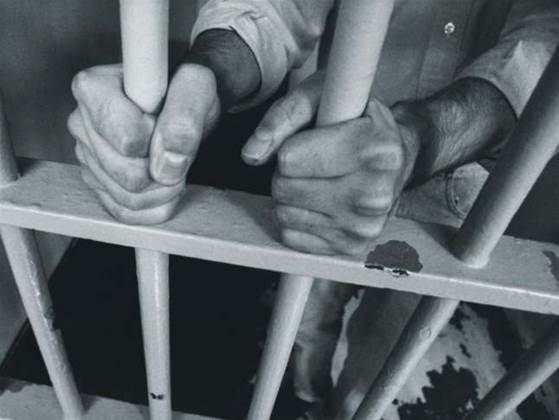ISP iiNet referred the film industry's copyright notifications to the police despite knowing the authority could not act, it was alleged today.

Legal representatives for the film industry alleged in the Federal Court that the ISP knew the Police could not act as the allegations were of a civil rather than criminal nature.
As iiNet chief Michael Malone‘s cross-examination resumed, the film industry's lead barrister Tony Bannon branded iiNet's policy of referring evidence of alleged copyright infringement to the police as a "cynical step [Malone] organised [so as] to have the pretence of taking steps to prevent rampant copyright infringement" on its network.
Malone disagreed with Bannon's assertion.
"iiNet devised, under your authority, a response which interpreted the AFACT letter as criminal conduct in order to justify your response of passing the material off to police in circumstances where iiNet knew it was a cynical and nonsensical response, do you agree?" Bannon alleged on the third occasion.
"No I don't," Malone stated. "We knew we couldn't do anything about [the allegations] directly. We passed [them] to someone who could and if they couldn't assist themselves we knew they could help by directing AFACT [the Australian Federation Against Copyright Theft] to the relevant authority."
Bannon referred Malone to an email dated 29 July 2008 that he was allegedly copied in on that referred to the first three letters iiNet received from AFACT drawing attention to alleged infringements on the ISP's network.
The letters provided a list of IP addresses of accounts where alleged infringements had been recorded by film industry investigators.
But Bannon claimed there was "no allegation in that [AFACT] letter [to state] that any customer of iiNet is engaging in any activity on a commercial scale" - a factor that would be crucial in changing what was a civil matter into a criminal one.
He also claimed the letter included no allegation by AFACT of anyone committing a criminal offence.
"There's no allegation of illegal conduct in the sense of criminal conduct, is there?" Bannon queried Malone.
"No," Malone replied.
"You understood police have the authority to investigate alleged criminal conduct but have no jurisdiction to investigate the breach of a civil right such as a copyright?" Bannon pressed.
Malone agreed but alleged iiNet "had not ruled out" the possibility that a criminal offence may have been committed based on the data supplied by the film industry's investigators.
"There was still the potential for this to be of criminal scale," Malone said.
"We were talking about 100s of 1000s of [alleged] offences [being sent to us]."
Bannon also alleged iiNet were not prepared to provide the police with any information matching the IP addresses in the AFACT notices to the ISP's customer records to help authorities determine whether or not there was sufficient evidence that a single iiNet customer had infringed copyright on a "commercial basis" - making the matter criminal.
"We couldn't so we didn't," Malone responded, referring to provisions under the Telecommunications Act that iiNet have maintained throughout proceedings do not allow it to perform such matching activities without a warrant or court order.
Malone said iiNet did facilitate matching requests for law enforcement and government agencies "on a daily basis" where an appropriate order was gained but said he had "been told by the Attorney-General's Office we can't disclose the exact amount of those requests [we receive].
"If police wanted to move on this one [the AFACT materials] they could have issued a similar warrant," Malone alleged.
"We'll comply with a court order or any other legislative instruments."
Bannon pressed on: "But iiNet sent the material to an agency which you understood only had jurisdiction to investigate criminal conduct, in circumstances where AFACT wasn't investigating criminal conduct?"
"AFACT was simply saying [to us] you have to do something. We didn't know what [and they‘d] given us no guidelines on what that action should be," Malone responded.
The case continues. You can follow the case in-full here. For a background on the case, click here.




.png&h=140&w=231&c=1&s=0)






 iTnews Executive Retreat - Security Leaders Edition
iTnews Executive Retreat - Security Leaders Edition
 iTnews Benchmark Awards 2026
iTnews Benchmark Awards 2026
 iTnews Cloud Covered Breakfast Summit
iTnews Cloud Covered Breakfast Summit
 The 2026 iAwards
The 2026 iAwards











_(1).jpg&h=140&w=231&c=1&s=0)



